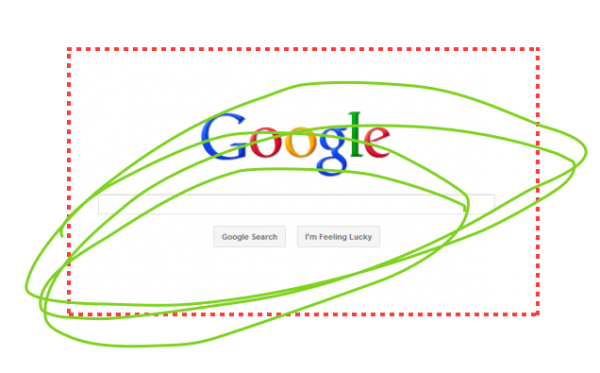
Simply speaking, SEO (search engine optimization) refers to improving your website for the purpose of generating organic traffic once people search for keywords in search engines like Google and Bing. On the other hand, SEM (search engine marketing) generally refers to the wider practice of using all the tools afforded by search engines, including paid advertising platforms and other tips and tricks to improve your business outcomes from search engines.

But understanding the difference is not the only important thing to know. Read on to understand the major benefits of SEM vs SEO, plus how each work together in a successful digital marketing strategy.
SEO stands for "search engine optimization," the pursuit of earning more organic traffic by optimizing your website and content to gain authority with and placement in search engines. The idea is that you will capture more website traffic (and by extension, warm leads) if you appear in more search engine results pages (SERPs).
SEO strategies generally include:
The benefit: SEO usually has longer term, evergreen gains for your digital marketing and lead generation strategy. By targeting the right keywords and earning ranking in search engine results pages (SERPs), you create a lead generation engine that works while you sleep. And organic traffic tends to be some of the most highly qualified website traffic, because it’s made of people who are actively searching for something.
SEM is search engine marketing, a wider term that encompasses many activities in the search engine world. It isn’t just limited to things you pay for, although some usages of the term refer to the paid strategies alone.
Some SEM tactics include:
Benefit: SEM can give you scale quickly if you are willing to invest in pay-per-click advertising or other paid search engine options. And by making other low-cost optimizations and earning reviews, you increase your visibility and convert more searchers into business leads.
While SEO involves a lot of “builder” activities, SEM involves many “driver” activities. Builders are generally creation-based activities like blogging, publishing landing pages, and writing website copy. Drivers are activities that drive new traffic, visibility, or lead generation, often with a paid investment.
Both builders and drivers together are important for the quality and scale of your digital marketing efforts. SEO can generate longer-term results, while SEM usually pays off immediately. By having both, you gain near-term insight and leads while also building something robust for the long-term.
Want to learn more about SEO vs SEM? Here are some links for additional reading.
by Jonathan Franchell, CEO of Ironpaper - For more tips and hacks: Need to remove a new line after h1 tags? Both web designers and SEO practitioners need to employ headline tags: H1, H2, H3 in several ways to improve web page structure and tag...

The marketing industry is transforming significantly due to generative AI and increasing market complexity. Gartner's prediction of a 25% decline in traditional search traffic suggests that the era of search engines is dying. AI tools, particularly...

The Crowded Arena of the IT Marketplace Updated December 2024 The Information Technology (IT) landscape is experiencing rapid growth and intensifying competition. IT spending is projected to reach nearly 5.1 trillion U.S. dollars in 2024, a...

Updated December, 2024 The field of digital marketing is evolving rapidly in response to new technology and changing buyer expectations. To help career-minded marketers, we’ve rounded up the top 10 skills needed to succeed in the field. These are...
